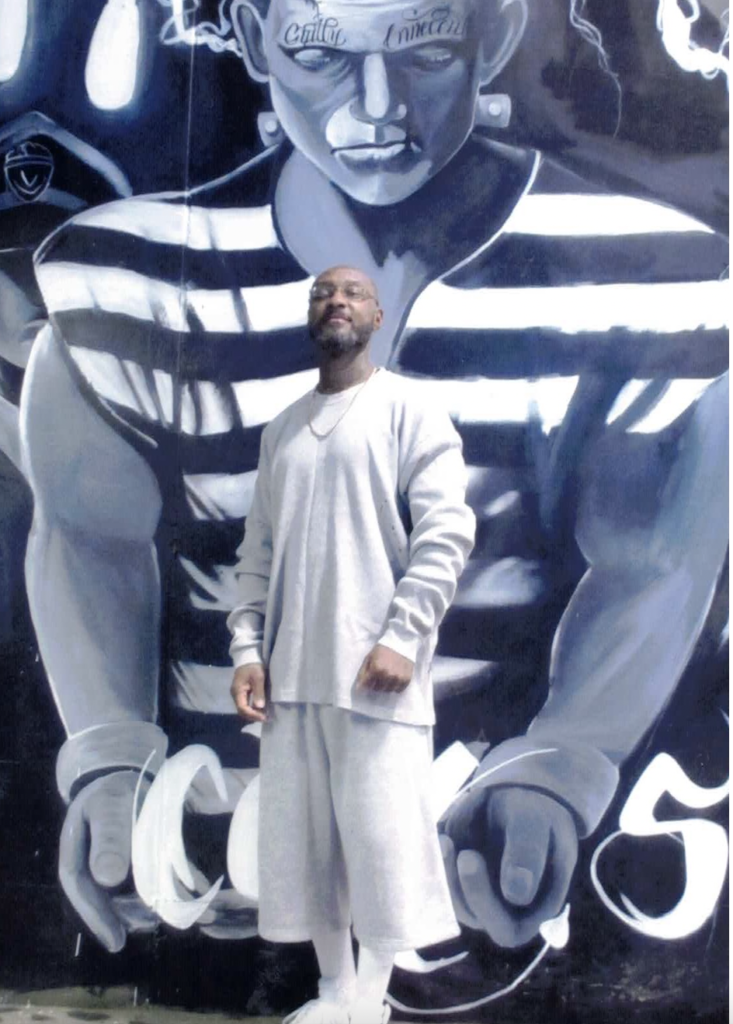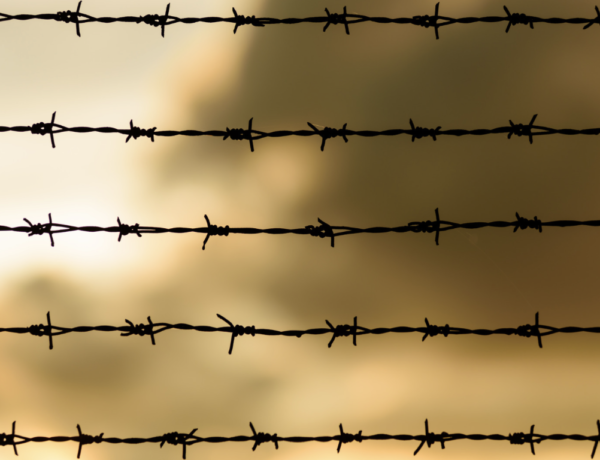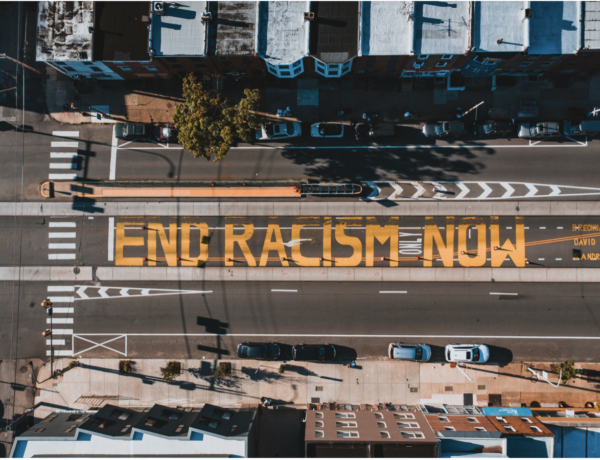Here’s my story about prison and the Security Housing Unit (SHU). For starters, I’ve been in prison for 17 years; 14 spent in the SHU, due to the California Department of Corrections and Rehabilitation (CDCR) considering us New Afrikans who are conscious-minded – those of us who study our history, and other subjects like economics, sociology, politics, cultural history, etc. – as prison gang members and not political prisoners, which is what we are.
“Many Black organizers and activists have been targeted and vilified in attempts to dissuade the movement for black liberation. Many of them have lost their freedoms for speaking out against white supremacy and state violence. Some leaders who fought hard for a future in defense of black lives have spent decades in prison. We have not been deterred in our efforts to achieve black liberation, but as we continue the fight to free ourselves, we must uplift our comrades’ sacrifice and struggle.”
– George Jackson
In order for us to be released from the SHU, we had to have a mass hunger strike to get the attention of the CDCR and let them know we had had enough of long-term isolation (where some spent 20, 30 and 40 years in these torture chambers). A lot, if not all, of us still suffer from some form of trauma due to these practices. We also called an agreement to end all hostilities amongst racial groups that went out state-wide, and since our release, the violence has gone down a great deal. During an October 2017 60 Minutes interview, former CDCR Secretary Scott Kernan, publically acknowledged that the SHU policy was a mistake because solitary confinement drives men mad. Look at Ashker V Newsom, a September 2015 settlement agreement for further study, the San Francisco Bayview archives, and the California prison focus archives to see a lot of our stories and the admittance of its practices by CDCR. The SHU is designed to break one’s will to resist their oppression, which is caused by control of one class of people over another. This is authoritarianism and must be stopped permanently. Before the hunger strikes, men were told the only way out of the SHU was to parole (and a lot of people are lifers, so this wasn’t possible), snitch on other people, or die. Keep in mind, in the SHU you are locked in a cell 23.5 hours a day, and the other half hour is your exercise time on the yard (which is another space behind your unit, the same size as your cell). You get no phone calls, you have no contact visits, and you can’t take any photos to send to your family or loved ones. You’re fed through a tray slot on your door twice a day (like an animal at the zoo, or like a dog in a kennel at the dog pound), and you get one five-minute shower every other day.





1 Comment
Leesa
January 19, 2023 at 3:50 pmThis is an impactful description of this tortuous punishment. I pray that the Mandela Act gets passed that addresses the injustices of solitary confinement.